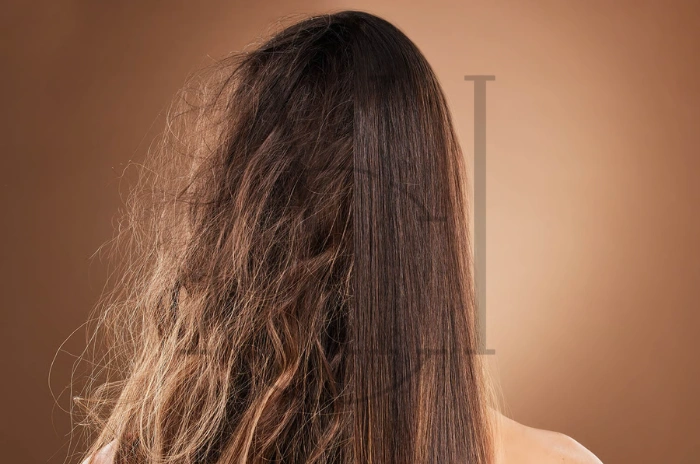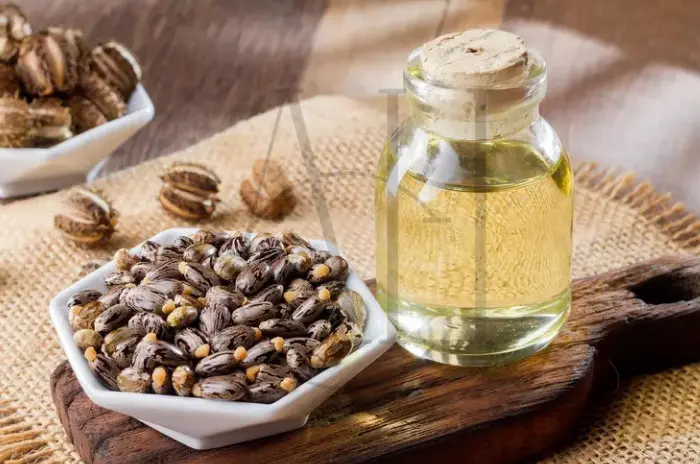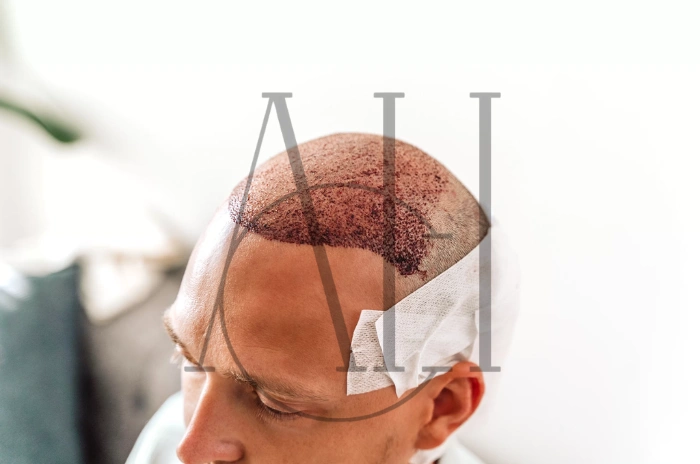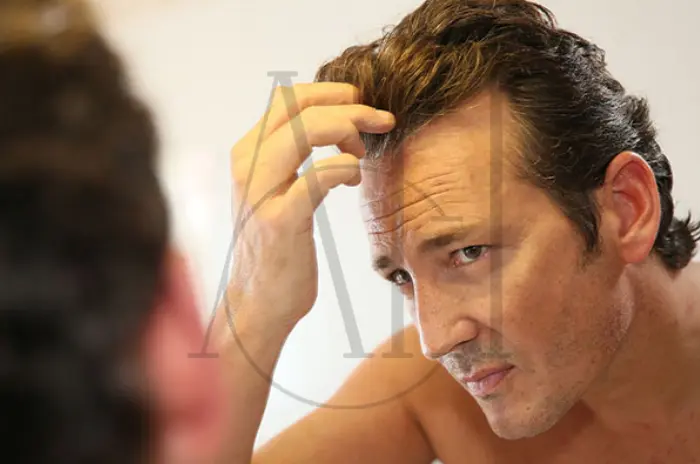Protein hair treatments have revolutionized hair care by addressing structural damage at the molecular level. These specialized treatments replenish lost proteins in damaged hair strands, restoring strength, elasticity, and overall health. Whether you’re dealing with chemical damage, heat styling effects, or natural wear and tear, understanding how protein treatments work can transform your hair care routine.
Hair is primarily composed of keratin protein, which forms the structural foundation of each strand. When this protein structure becomes compromised through styling, coloring, or environmental factors, hair becomes weak, brittle, and prone to breakage. Protein hair treatments work by filling in these gaps and reinforcing the hair’s natural structure.
Table of Contents
ToggleWhat Are Protein Hair Treatments
Protein hair treatments are intensive conditioning therapies that infuse damaged hair with essential proteins to rebuild and strengthen the hair shaft. These treatments contain various protein molecules that penetrate the hair cuticle and cortex, temporarily filling in microscopic gaps and tears in the hair structure.
The most common proteins used in hair treatments include keratin hair treatment, hydrolyzed wheat protein, silk protein treatment, and collagen hair treatment. Each protein type offers unique benefits for specific hair concerns and damage types.
| Protein Type | Benefits | Best For | Duration |
|---|---|---|---|
| Keratin | Reduces frizz, adds shine, strengthens | Chemically damaged, frizzy hair | 3-4 months |
| Hydrolyzed Wheat | Moisture retention, gentle strengthening | Fine, color-treated hair | 4-6 weeks |
| Silk Protein | Lightweight conditioning, elasticity | All hair types, daily use | 2-3 weeks |
| Collagen | Volume, thickness, deep conditioning | Thin, aging hair | 6-8 weeks |
Signs Your Hair Needs Protein or Moisture
Determining whether your hair needs protein or moisture is crucial for selecting the right treatment approach. Hair that lacks protein typically exhibits specific characteristics that differ from moisture-deprived hair.
Indicators Your Hair Needs Protein
Hair requiring protein hair treatments often feels mushy or overly elastic when wet. If you gently stretch a wet strand and it extends significantly before snapping back slowly, your hair likely needs protein reinforcement. Other signs include excessive hair breakage repair needs, limp texture, and inability to hold styles.
Damaged hair repair becomes necessary when hair tangles easily, appears dull, or shows visible split ends prevention needs. Chemical processing, heat styling, and environmental exposure frequently require protein infusion to restore structural integrity.
How Keratin Hair Treatment Reduces Frizz
Keratin hair treatment effectively reduces frizz by smoothing the hair cuticle and filling in damaged areas that cause uneven texture. This professional treatment temporarily restructures hair proteins, creating a smoother surface that reflects light better and resists humidity.
The keratin treatment process involves applying liquid keratin to clean hair, followed by heat sealing to lock the protein into the hair shaft. This creates a protective barrier that reduces frizzy hair for several months while improving overall hair shine enhancement.
Hair elasticity improves significantly after keratin treatment, allowing hair to stretch and return to its original state without breaking. This flexibility is crucial for maintaining healthy hair that can withstand daily styling and environmental stressors.

Best At-Home Protein Treatments for Damaged Hair
At-home protein treatment options provide convenient and cost-effective alternatives to salon procedures. These treatments range from commercial protein masks to natural DIY solutions using household ingredients.
Commercial At-Home Options
Professional-grade hair products for home use often contain concentrated proteins similar to salon treatments. Keratin shampoo and conditioning systems provide daily protein maintenance between intensive treatments, helping extend professional treatment benefits.
Leave in conditioner with protein content offers ongoing hair strengthening support without the intensity of mask treatments. These products work well for maintaining hair moisture balance while providing structural support.
Natural DIY Options
Egg hair treatment remains one of the most effective natural protein sources for hair repair. Eggs contain complete proteins that temporarily strengthen hair when applied as a mask. Homemade hair mask recipes using yogurt or mayonnaise provide alternative protein sources for chemical-free hair care.
Why Botox Hair Treatment Restores Shine and Softness
Botox hair treatment uses a blend of proteins, vitamins, and conditioning agents to restore hair health from within. This treatment focuses on hair shine enhancement while providing deep conditioning benefits without the potential stiffness of high-protein treatments.
The conditioning agents help seal the hair cuticle, creating a smooth surface that reflects light beautifully. This results in enhanced shine and improved texture while addressing split ends prevention and overall hair health.
Avoiding Protein Overload in Hair Care
Protein overload occurs when hair receives too much protein without adequate moisture balance. This condition makes hair brittle, prone to breakage, and resistant to styling. Monitor your hair’s response to treatments by performing regular strand tests.
Alternate between protein and moisture treatments based on your hair’s current needs. Use hair oil and hair serum products between protein treatments to maintain optimal moisture levels and prevent protein buildup.
FAQ :Protein Hair Treatment for Stronger Healthier Hair
How can you tell your hair needs protein?
Hair needing protein feels mushy when wet, stretches excessively, breaks easily, and appears limp or lacks volume.
What are the key benefits of keratin treatment?
Keratin treatment reduces frizz, improves shine, strengthens hair structure, and makes styling easier while providing long-lasting smoothness.
Are there any at-home protein treatments available?
Yes, at-home protein treatment options include commercial protein masks, egg hair treatment, and homemade hair mask recipes using natural ingredients.
Can protein treatments cause hair to become brittle?
Yes, excessive protein use can cause protein overload, making hair stiff, brittle, and prone to breakage when moisture balance isn’t maintained.




